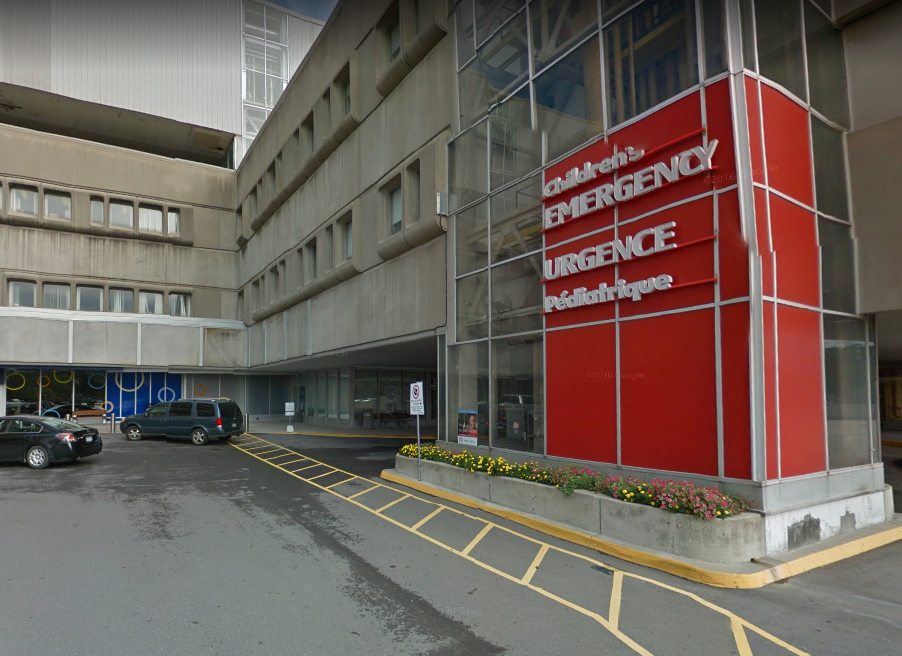Lots of excitement at McMaster Children’s Hospital today.

The hospital has officially opened the new nephrology clinic — which will serve children who need kidney dialysis from Niagara through Hamilton over to Kitchener-Waterloo.
Jennifer Laughton, VP of development for McMaster Children’s Hospital Foundation, says it’s the first time the hospital has had a standalone clinic to treat children with kidney disease.
LISTEN: Jennifer Laughton joins the Bill Kelly Show with Ted Michaels
Laughton says the clinic was completely funded by a donor-led campaign championed by Charlotte and Tim Blevins.

Get weekly health news
McMaster Children’s Hospital saved their daughter Kayla’s life when she developed a severe E. coli infection, which led to life-threatening kidney failure in 2014.
The Blevins championed the Caring for Little Kidneys campaign and pledged to raise funds to redevelop the nephrology clinic.
WATCH: Kidney transplant surgery livestreamed to raise awareness about kidney disease, organ donation

Laughton says that over the next three years the Blevins “created incredible events that raised money for the hospital as well as our regional roles for nephrology and all the specialized roles that we provide.”
She says the events included a golf tournament, a huge decor sale and a brand new event called Take a Ride for Mac Kids that included a helicopter ride.
The various events raised the entire $650,000 cost of creating the clinic.
“The Blevins not only pledged their own money, but they raised that through the many events and different initiatives they created themselves to support it.” said Laughton. “They inspired school groups, community groups, their suppliers and their employees all to give.”
“They just didn’t raise the bar on the funds, they raised the bar on knowledge of our services,” she said.
The clinic is on the third floor of McMaster Children’s’ Hospital and has three distinct treatment areas including an area for isolation.
Laughton says it’s adjacent to the pediatric intensive care unit since many of the patients need both services because they are often critically ill.








Comments